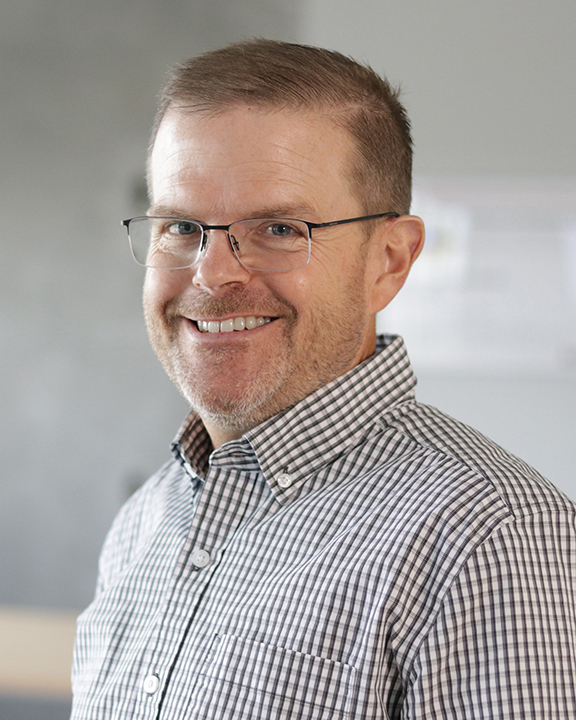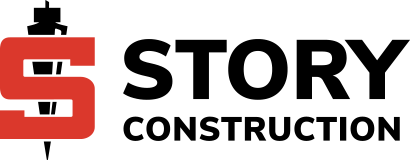We have all heard it said by now. “Remote work is working really well. I am getting a lot done with fewer interruptions!” We hear stories of companies and organizations that may be thinking that remote work is as good – if not better – than being in person. As such, they may design their working conditions going forward to accommodate a more remote workforce.
Inversely, you might also hear that the separation of remote workers from their colleagues is exhausting, and that it requires more effort than being together to accomplish the same thing; that while we’ve been doing this for a while now, it is no way to live long term, and that we are better together.
My observation regarding these two viewpoints can be summarized in the contrast between efficient and effective.
I do believe that remote work can be efficient if you have all of the inputs and the clear direction you need to process work. It helps if you’re “wired” for that type of situation, where isolation suits you and you can keep your head down and plow through your work. This can be efficient.
Effectiveness is another story. Being effective is a team sport. In my mind, effective requires flow, collaboration, ideation, energy, engagement, creativity, coordination, culture, relationship, etc. Effectiveness is the engine that powers our society in many regards, whether it’s the workplace, another organization, or the family unit to which you belong. I believe it is really challenging to be effective in a remote existence, particularly if some members of a work team are remote and others are not.
My hypothesis is that no amount of efficiency can overcome poor effectiveness. Effectiveness is the engine that drives a team and an organization. We are likely to be more effective while using less effort when we are together, not remote. Time will only tell if this hypothesis is correct. As early as it is in this collective experiment of teams working remotely, it is easy to confuse effectiveness and efficiency as the same thing on the same yardstick with the same impact. I suspect by the end of 2021 this experiment will have had enough time in service to come to a conclusion for us all.
Whether or not I am correct, we will all learn a lot about ourselves and our teams in the process. That should make us all better, and I’m looking forward to that.

Mike Espeset
President
